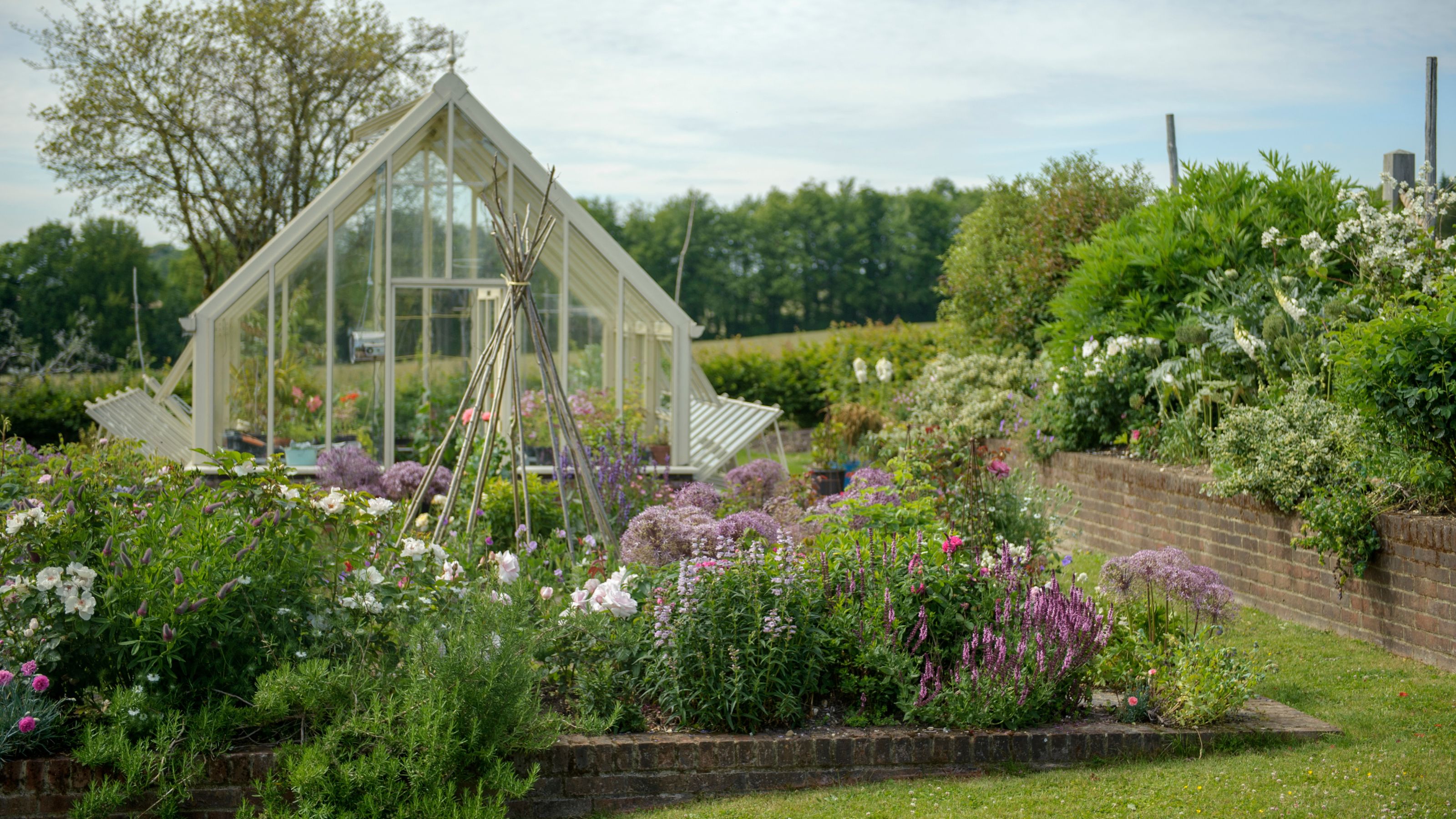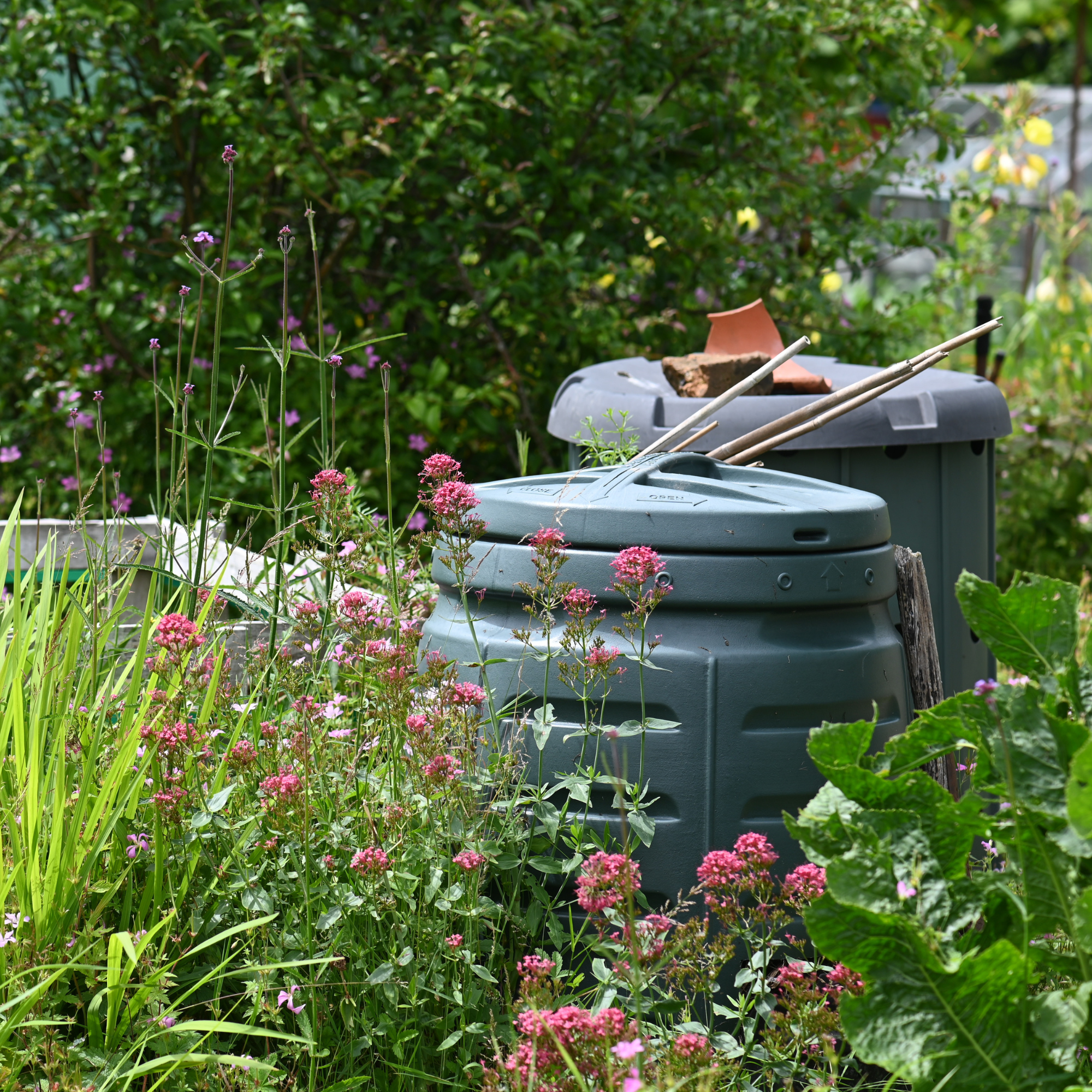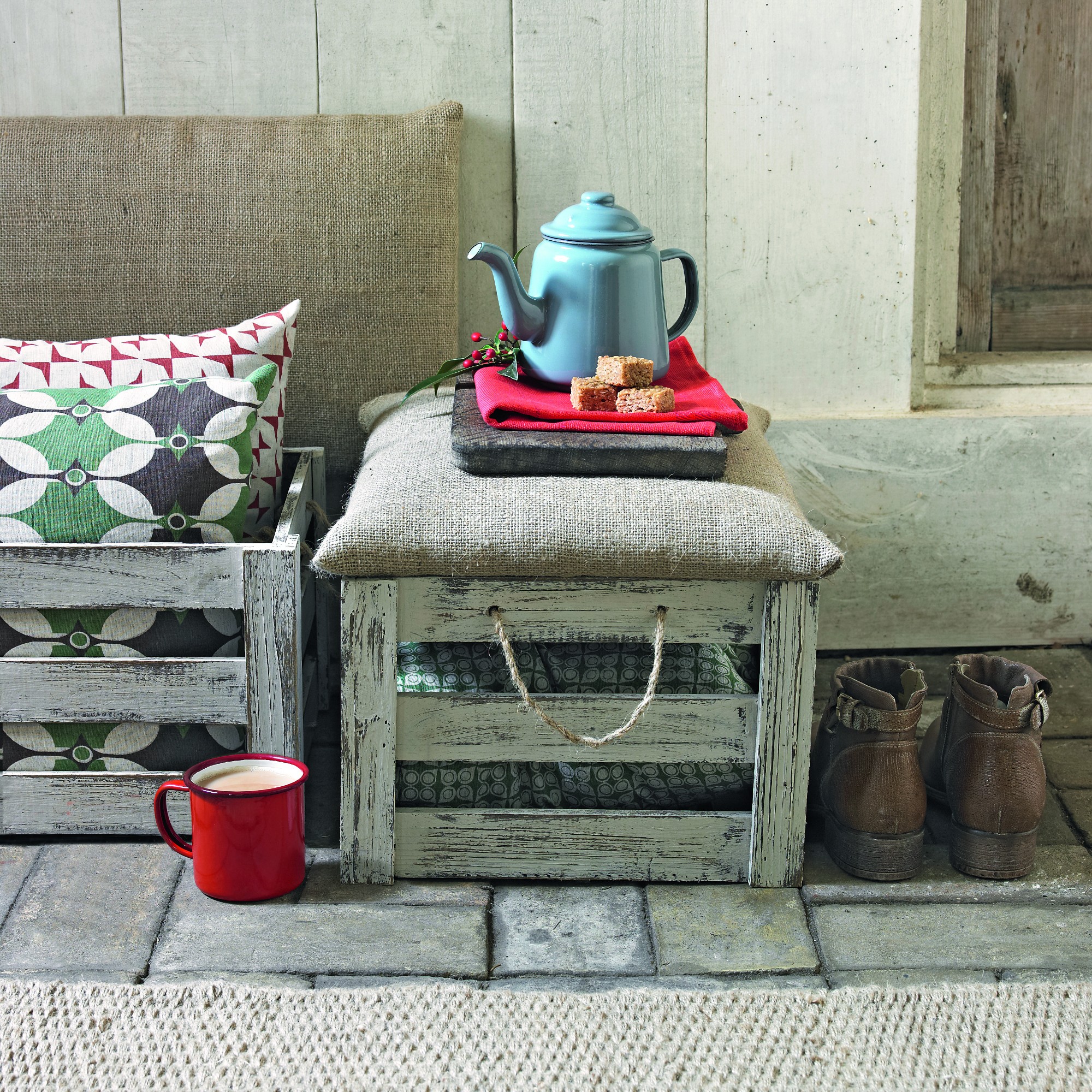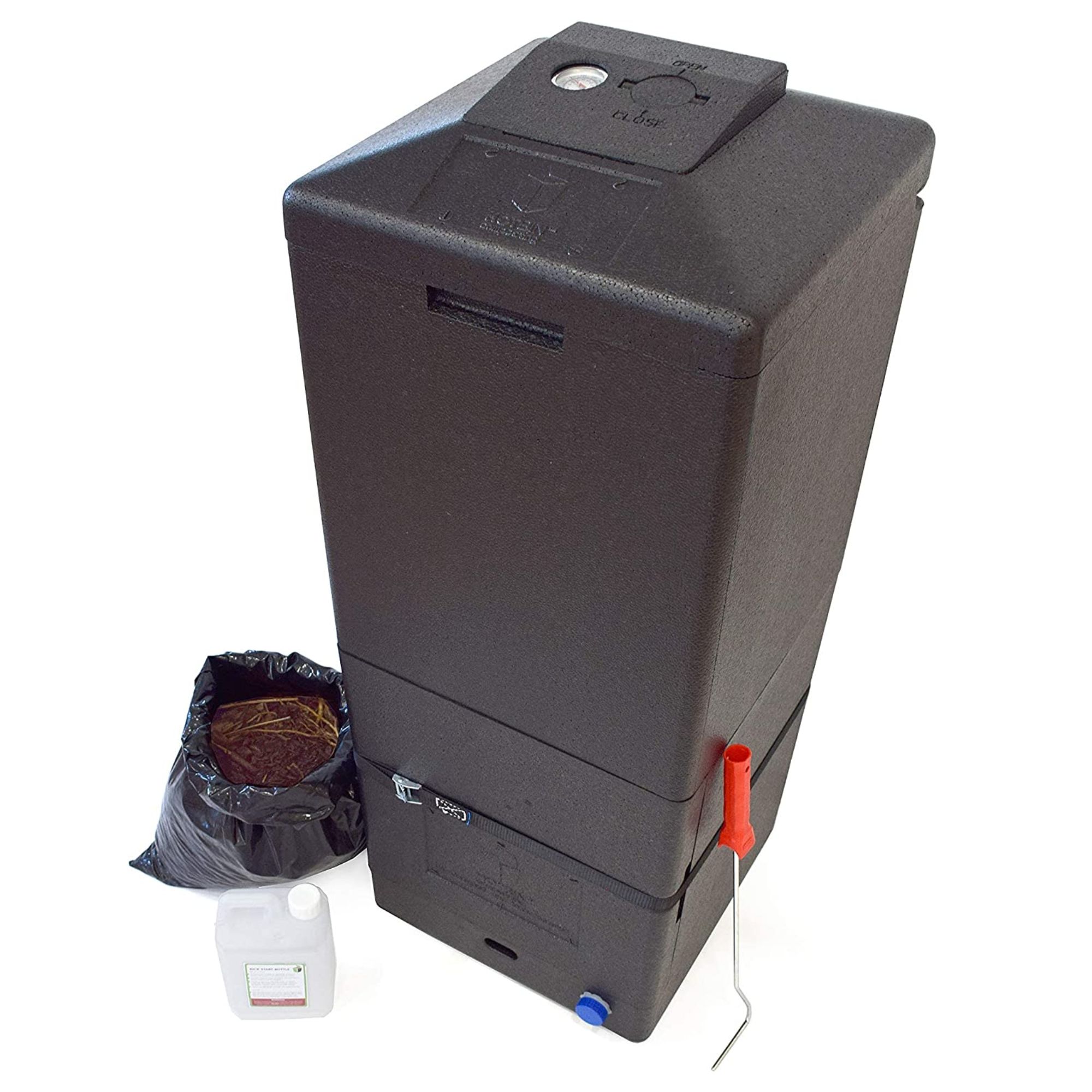Why you shouldn’t put teabags in your compost bin, according to gardening experts
Think you can chuck teabags in the compost bin? Think again.


If you've been chucking your teabags into your compost bin, we're here to tell you to stop immediately. According, to gardening experts there are a few reasons why you shouldn't put teabags in compost.
Knowing how to make compost, but absolutely pointless if you chuck the wrong stuff in the mix. 'It might seem like a simple way to dispose of your teabags, but there are a few reasons why they shouldn’t go into your compost bin,' says Steven Bell of Ethan Mason Paving.
Oh yes, there's no denying that DIY compost is a great budget garden idea, not least of all because it gives you something to do with all of your kitchen scraps and garden waste. But the issue with chucking tea bags in your compost lies in the bag itself.

'Many commercially available teabags are made from synthetic materials like nylon or polypropylene, which don’t break down in compost the way organic materials do,' explains Steven, who is a big advocate for sustainable gardening.
'These non-biodegradable elements can stick around and create problems in your compost heap, especially if you’re aiming for a more natural, plastic-free environment.'
'Many modern tea bags are made with synthetic materials like polypropylene to seal them, which doesn’t break down in compost and can leave microplastics in your soil,' agrees Christopher O'Donoghue of Gardens Revived.

An RHS-trained gardener with almost two decades of experience under his belt, Christopher set up Gardens Revived with his brother, Andrew, in 2018 to create a thriving family business. Together, they have worked on residential gardens, listed buildings and gardens, flower shows and large estates with some exceeding 70 acres – many with historical significance.
Steven also flags that their can be an issue with the chemicals used in the bags themselves.
Sign up to our newsletter for style inspiration, real homes, project and garden advice and shopping know-how
'Some teabags, particularly the ones that maintain their shape during steeping, can be treated with bleach or other chemicals,' he points out. 'These substances can leach into the compost, affecting the soil and plants you’re nurturing. It’s always worth checking the packaging of your teabags to see if they’re compostable.'
Christopher adds that 'even biodegradable tea bags may take longer to break down, especially in a home composting system with lower temperatures'.

The exceptions to the rule
The majority of tea bags are not compostable, but there are exceptions to the rule. Some tea bags can be used in the compost heap, so long as you’re confident the tea bags are natural and biodegradable. To do this, try...
- Check the packaging: 'Look for brands that explicitly state their tea bags are compostable or made from natural fibres,' says Christopher.
- Tear open the bag: 'You can compost the tea leaves and dispose of the bag separately if you’re unsure about its material,' he adds.
- Avoid flavoured or coated bags: 'Some flavoured teas have synthetic coatings that aren’t compost-friendly,' finishes Christopher.
'In the end, composting is all about creating a healthy, organic environment for your garden, so anything that might disrupt that balance should be avoided,' adds Steven as a reminder.
We guess if you really fancy recycling your teabags, then, you might like to pop them in the fridge so you can use them as a cooling eye mask after a hard bout of gardening. We'll be doing the same...

Kayleigh Dray became Ideal Home’s Acting Content Editor in the spring of 2023, and is very excited to get to work. She joins the team after a decade-long career working as a journalist and editor across a number of leading lifestyle brands, both in-house and as a freelancer.
